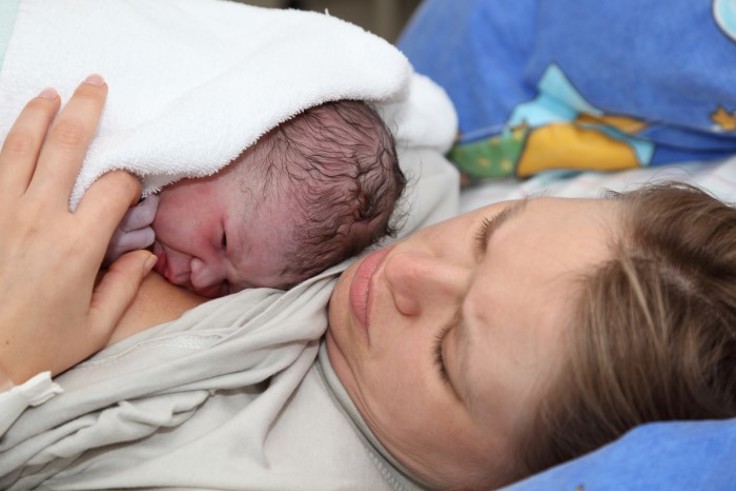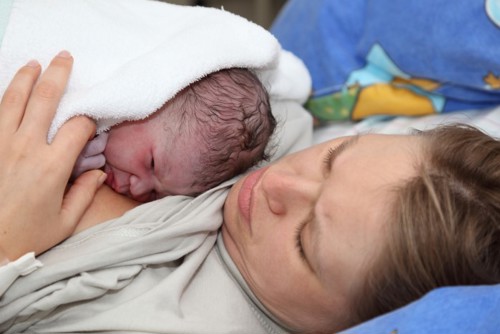New funding from NordForsk to study Covid-19 in pregnancy
News
|Published
Does COVID-19 increase the risk of adverse outcomes in pregnant women and their newborns? A new research project funded by NordForsk will look for answers. The project is a joint venture between researchers at the Norwegian Institute of Public Health, Karolinska Institutet and the University of Copenhagen.
This news article is older than 30 days and the information may be outdated
Go to the home pageIt is difficult to predict how the current COVID-19 pandemic will develop, but it is likely that multiple waves of COVID-19 can be expected in the coming years.
Many well-studied viral diseases, including other coronavirus infections and other viruses causing respiratory diseases, such as influenza and other common infections, are known to affect the health of the foetus and may place pregnant women at a particular high risk of severe illness and hospitalization.
It is not known if pregnant women are especially susceptible to COVID-19, or if they are at higher risk of developing severe symptoms and complications. Many countries have included pregnant women in the group of particularly susceptible individuals, out of a precautionary principle. The limited evidence available today, do suggest that pregnant women with COVID-19 and their newborns are at increased risk of adverse outcomes, and vertical transmission (from mother to foetus) cannot be ruled out and may affect foetuses in as yet unrecognized ways.
In this project we have established a multidisciplinary Scandinavian team with expertise in perinatal epidemiology, in social epidemiology, in surveillance, and in obstetrics. The project will be led by Siri Håberg at the Centre for Fertility and Health, Norwegian Institute of Public Health, Olof Stephansson from Karolinska Institutet and Anne-Marie Nybo Andersen from the University of Copenhagen.
The main objectives of the project is to fill three crucial knowledge gaps:
- Are pregnant women more likely to contract COVID-19, and at a higher risk of severe disease, complications and hospitalizations than non-pregnant women of reproductive age? If so, which
underlying characteristics, e.g. housing and working conditions, affect the risk of severe COVID-19 in pregnant women? - Does COVID-19 in pregnancy increase the risk of pregnancy complications, including fetal loss?
- Does maternal COVID-19 during pregnancy adversely affect the health of the child?
To address these questions, we will use unique register data on health and social factors on all women in the reproductive age, together with clinical data on the COVID-19 infections. Combining results from the three Scandinavian countries will strengthen our ability to study severe COVID-19 illness, susceptible subgroups and non-frequent outcomes. The Scandinavian countries have had different course of the pandemic, and this enables us to compare results from different contexts with similar data resources. If findings differ between countries, it may point to social structures or other causes than COVID-19 for adverse pregnancy outcomes.

